OZ Pitch Day - June 13, 2024
Recap of Feb 14 IRS public hearing on Opportunity Zones
This past Thursday, February 14, the IRS Auditorium in Washington DC was packed to capacity with over 200 attendees as stakeholders spoke during the public hearing on proposed regulations: “Investing in Qualified Opportunity Funds” [REG-115420-18].
Hearing participants requested additional guidance on a wide variety of proposed regulations, with many suggesting improvements to the regulations that would allow for more flexibility — particularly in regards to business investment.
Podcast episode on the hearing
This IRS hearing was the focus of a recent episode of the Opportunity Zones Podcast. Click the play button below to listen to the recap.
Topics covered at the hearing
- Opportunity zone business qualification requirements
- 70% and 90% asset test requirements
- Community impact reporting and program effectiveness measurement
- Reinvestment of interim gains
- Substantial improvement test for operating businesses
- Multi-asset funds
- Combining Opportunity Zones with other credits (HTC, NMTC, and LIHTC)
- How land value exclusion could potentially lead to predatory activity
- Applying SBIC framework to Opportunity Zones
- Using Opportunity Zones for veteran housing
- Gentrification risks and potential for negative impact on minority communities
- How Section 469 would apply to investments made in qualified opportunity funds
- QOF asset sales
- Debt refinance proceeds
- Employee Stock Ownership Plans (ESOPs)
- Feeder partnerships
- Carried interest
- Interaction of Section 752 with qualified opportunity fund liabilities
- Grantor trust tax liability treatment
- Treatment of ground leases, specifically in regards to tribal land
In total, 23 groups of speakers were scheduled to present in 10-minute increments. Here’s a brief recap of what each speaker had to say. Download the final list of speakers [PDF].
Article continues below.
Join the Weekly Opportunity Zones Newsletter
We typically send one email a week, but we will send a special alert as soon as the next tranche of proposed regulations is published by the IRS. Sign up today. You may unsubscribe at anytime.
Speaker #1: Stefan Pryor, et al.
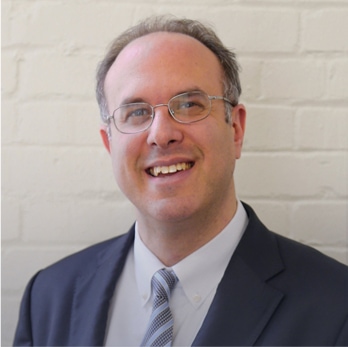
Membership of the State Economic Development Executives.
Rhode Island Secretary of Commerce Stefan Pryor (and other representatives from SEDE) spoke on the importance of clarifying opportunity zone business qualification requirements, flexibility for the reinvestment of interim gains, flexibility for new funds in regards to the 90% asset test, and encouragement of simple public reporting requirements.
Download the outline of the SEDE’s testimony [PDF]
Speaker #2: Gerron Levi (Did Not Appear)

National Community Reinvestment Coalition, Washington DC.
NCRC policy and government of affairs director Gerron Levi was scheduled for the second speaking slot, but did not appear. She was expected to recommend job training requirements, program oversight by HUD, IRS, SEC, and SBA, and the ability to add opportunity zones in future years, among other topics.
Download the NCRC’s public comment letter [PDF]
Speaker #3: Michael Novogradac and John Sciarretti

Novogradac Opportunity Zones Working Group, San Francisco CA.
Novogradac & Company’s managing partner Michael Novogradac and partner John Sciarretti addressed valuation methods for applying the 90% and 70% asset tests (suggesting that funds and businesses should be allowed to use the unadjusted cost basis method to value tangible assets), the definition of the “substantial improvement” test as it pertains to businesses, and recommendation of a 31-month grace period for opportunity zone businesses to qualify.
Download the outline of the Novogradac Working Group’s testimony [PDF]
Speaker #4: John Lettieri
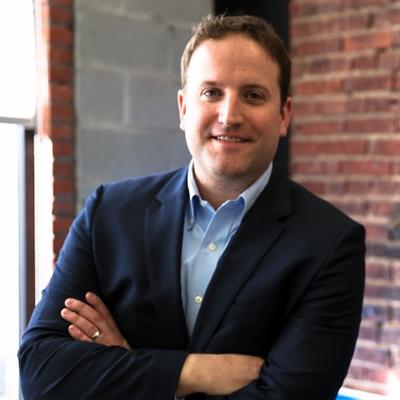
Economic Innovation Group, Washington DC.
EIG president and CEO John Lettieri remarked on the 90% rule, treatment of interim gains, and the 70% asset test. Included in his original comment letter from the EIG and accompanying members of their coalition were remarks on removing barriers that prevent multi-asset funds from forming, encouragement of rules that enable fund investment in operating businesses as well as real estate projects, and a suggestion of reporting requirements.
Download the public comment letter from EIG and their coalition [PDF]
Speaker #5: Karl Cureton
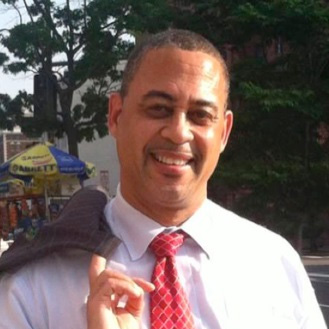
National Minority Technology Council, Washington DC.
NMTC founder and executive chairman Karl Cureton addressed the potential for qualified opportunity funds to fund new and small businesses, and encouraged Treasury to de-certify its position concerning the Regulatory Flexibility Act, so that they may work with the Small Business Administration to provide initial regulatory flexibility analysis to the Chief Counsel for Advocacy of the SBA. Like others who spoke before him, he also outlined how crucial it is for Treasury to provide a better definition of qualification requirements for opportunity zone businesses.
Download the outline of Karl Cureton’s testimony [PDF]
Speaker #6: Fran Seegull
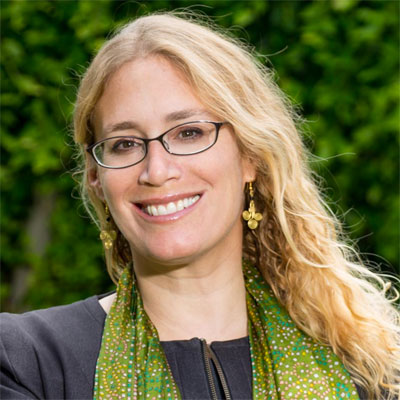
U.S. Impact Investing Alliance, New York NY.
Fran Seegull is executive director of U.S. Impact Investing Alliance, which recently partnered with the Beeck Center for Social Impact + Innovation at Georgetown University to craft the Opportunity Zones Reporting Framework. Fran spoke about the importance of data collection and impact reporting to determine the effectiveness of the program, and cited IRS statutory authority to impose such a requirement.
Download the full text of Fran Seegull’s testimony [PDF]
Speaker #7: Stockton Williams
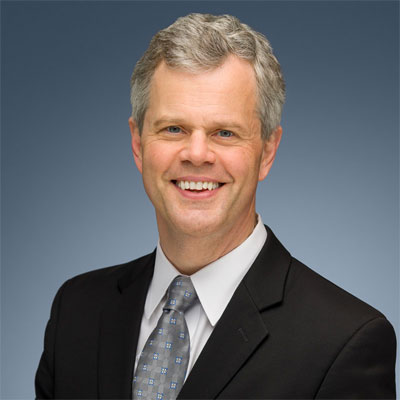
National Council of State Housing Agencies, Washington DC.
NCSHA executive director Stockton Williams recommended that the IRS implement regulations to expand and preserve affordable housing, touching upon vacant land treatment, guidance on leveraging Opportunity Zones incentives with LIHTC, HTC, and NMTC, and community impact requirements. He also called for a prohibition of removal or conversion of existing affordable housing.
Download the full text of Stockton William’s testimony [PDF]
Speaker #8: Lori Chatman

Enterprise Community Partners, Columbia MD.
Lori Chatman is president of the Enterprise Community Loan Fund, which has launched one of the nation’s first opportunity zone funds, the Rivermont Enterprise Emergent Communities Fund. In her comments, Lori stressed the importance of obtaining transaction-level data from qualified opportunity funds, so that the program can be properly evaluated. Like Stockton before her, she requested guidance on how to combine OZ incentives with existing tax credits. She also stressed concern at two proposed rules: 1) excluding the value of land from the substantial improvement test could lead to predatory activity; and 2) she suggested that the 70% asset test be higher for real estate investments.
Download the full text of Lori Chatman’s testimony [PDF]
Speaker #9: Brett Palmer
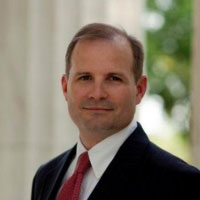
Small Business Investor Alliance, Washington DC.
SBIA president Brett Palmer compared small business investment companies to qualified opportunity funds, saying that SBIC program structure and results could help inform regulations on Opportunity Zones.
Download the SBIA’s public comment letter [PDF]
Speaker #10: Reed Benet
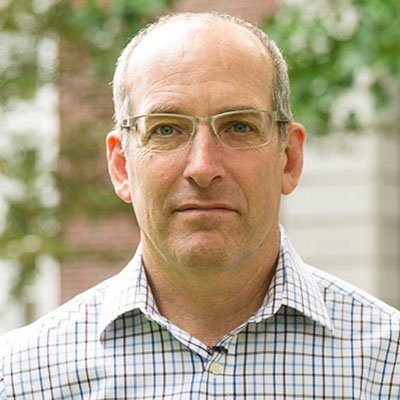
Zeroto6t, Inc., Birmingham MI.
HeroHomes.com founder and CEO Reed Benet’s testimony encouraged a tolerant regulatory sandbox approach to allow for wide-ranging and unpredictable innovation and creativity, focusing on veteran housing solutions offered by his firm.
Download the summary of Reed Benet’s testimony [PDF]
Speaker #11: William Michael Cunningham
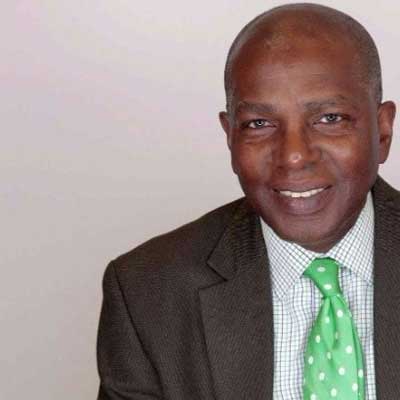
Creative Investment Research, Washington DC.
Creative Investment Research founder and CEO William Michael Cunningham expressed caution regarding the Opportunity Zones program, warning in his public comment letter that “many communities of color are at risk for rapid dislocation,” and that the program could result in “gentrification on steroids.” During his testimony, he focused on two issues: 1) he recommended regulations that would prohibit the President, senators, congressmen, and state governors from personally benefiting from the program; and 2) he suggested using Ethereum blockchain technology to track and report Opportunity Zones investment social impact.
Download William Michael Cunningham’s public comment letter [PDF]
Speaker #12: Adam Harden and Chris Goodrich
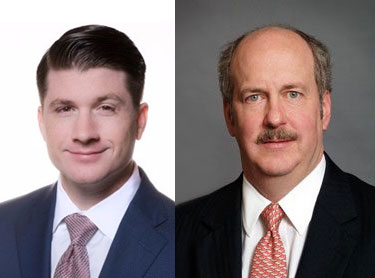
State Bar of Texas, Austin TX.
Norton Rose Fulbright tax attorney Adam Harden and Crady Jewett McCulley & Houren partner Chris Goodrich, speaking together on behalf of the Tax Section of the State Bar of Texas, focused on how Section 469 would apply to qualified opportunity fund investments. Additionally, they voiced support for the 70% test and using unadjusted cost basis for 70% and 90% tests.
Download the public comment letter submitted by the State Bar of Texas [PDF]
Speaker #13: Jill Homan
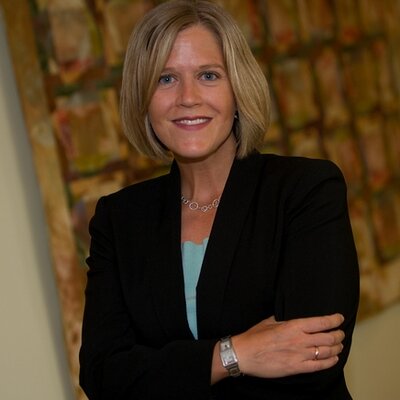
The Working Group of Baker Tilly Virchow Krause, Javelin 19 Investments, and Nixon Peabody, Washington DC.
Representing The Working Group, Javelin 19 Investments president Jill Homan asked for easing of the 180-day investment period, and also spoke on reasonable cause exception, active trade or business definition, safe harbor for qualified opportunity funds owning qualified opportunity zone business property, and original use for vacant property.
Download The Working Group’s public comment letter [PDF]
Speaker #14: Kevin Kimble
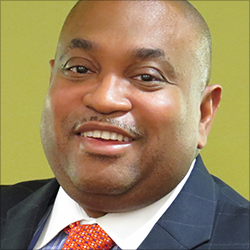
Financial Services Innovation Coalition, Washington DC.
FSIC founder and director of policy development Kevin Kimble expressed opposition to the Opportunity Zones program, citing concern that the program will only benefit the largest and wealthiest developers at the expense of minority communities, rural communities, and the nation as a whole. He asked that a certain percentage of qualified opportunity funds be distributed to minorities or invested in rent-controlled housing.
Download the outline of the FSIC’s statement of opposition [PDF]
Speaker #15: Dan Cullen
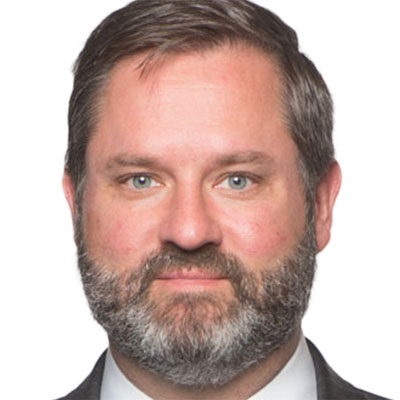
Institute for Portfolio Alternatives, Washington DC.
Chicago-based Baker McKenzie partner and IPA board member Dan Cullen argued that the basis step-up election for QOF investors upon disposition after a 10-year holding period should extend to QOF asset sales as well. He also requested clarification on treatment of debt refinancing proceeds and the ability of a QOF to sell assets and roll into new QOZ property.
Download the IPA’s public comment letter [PDF]
Speaker #16: Frank Altman
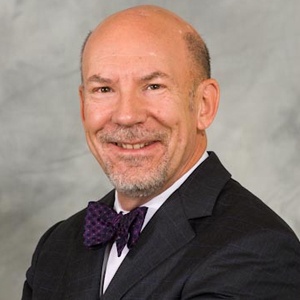
Community Reinvestment Fund, Minneapolis MN.
CRF CEO Frank Altman emphasized the importance of community impact during his testimony, discussing the role of CDFIs in community development lending in opportunity zones. He also asked for guidance regarding equity investments in existing operating businesses located in opportunity zones. And he noted that qualified opportunity funds could be a “rich uncle” or “rich aunt” that provides capital to minority entrepreneurs in opportunity zones.
Download the outline of Frank Altman’s testimony [PDF]
Speaker #17: Paul Saint-Pierre

PSP Advisors, Winter Park FL.
PSP Advisors principal Paul Saint-Pierre discussed QOF investor concerns. In particular, he expressed concern at what tax compliance failure at the fund level could mean for investors, a compelled exit in inefficient private markets after a 10-year holding period, determining fair market value at key checkpoints, and chain-linked deferral of gains.
Download the outline of Paul Saint-Pierre’s testimony [PDF]
Speaker #18: Christopher Mackin
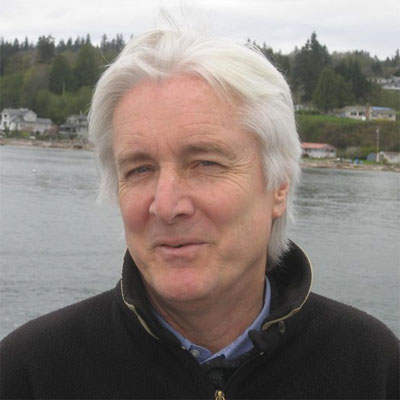
Ownership Associates, Cambridge MA.
Ownership Associates founder and president Christopher Mackin suggested a revision to the proposed regulations that would make it easier to create Employee Stock Ownership Plans (ESOPs) in opportunity zones.
Download Christopher Mackin’s public comment letter [PDF]
Speaker #19: Steve Glickman
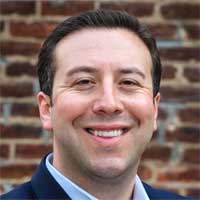
Develop Advisors, Washington DC.
As former CEO of the Economic Innovation Group, Steve Glickman was one of the lead architects of the Opportunity Zones legislation. As CEO of Develop Advisors, Steve briefly hit upon 10 points during his hearing testimony: 1) fund ramp-up time, 2) treatment of reinvested interim gains, 3) feeder partnerships, 4) treatment of land, 5) substantial improvement test, 6) debt refinancing, 7) depreciation recapture, 8) 50% income test, 9) exiting from funds, and 10) carried interest.
Download Steve Glickman’s public comment letter [PDF]
Speaker #20: Mark Wilensky

American Bar Association Section of Taxation, Washington DC.
Mineola, NY-based Meltzer, Lippe, Goldstein & Breitstone tax law group partner Mark Wilensky, testifying on behalf of the ABA, remarked on two topics: 1) the interaction of Section 752 with qualified opportunity fund liabilities, and 2) the treatment of land in regards to asset tests. These issues are regarded in sections V and VI in the comment letter linked below.
Download the ABA’s public comment letter [PDF]
Speaker #21: Regina Staudacher
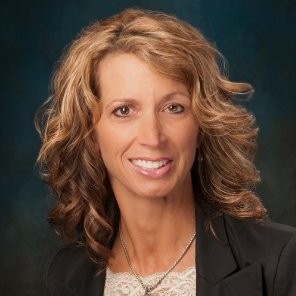
Howard & Howard, Royal Oak MI.
Howard & Howard corporate tax lawyer Regina Staudacher remarked on two topics during her testimony: 1) asset sales by qualified opportunity funds and how they would pertain to proceed reinvestment and exit strategy; and 2) treatment of tax liability for grantor trusts investing in opportunity zones.
Download the outline of Regina Staudacher’s testimony [PDF]
Speaker #22: Scott Dacey
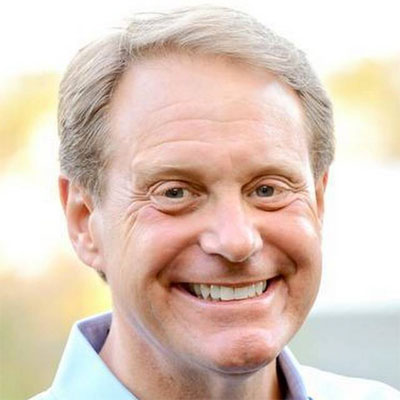
Salt River Pima-Maricopa Indian Community, Maricopa County AZ.
PACE Government Relations partner Scott Dacey spoke on behalf of the Salt River Pima-Maricopa Indian Community. He indicated problems with executing Opportunity Zones structures on tribal lands, given that they are held in trust by the federal government and cannot be sold. He therefore requested favorable treatment of long-term ground leases, which are typically used on tribal lands for third-party development.
Download the SRPMIC’s public comment letter [PDF]
Speaker #23: Todd Leverette
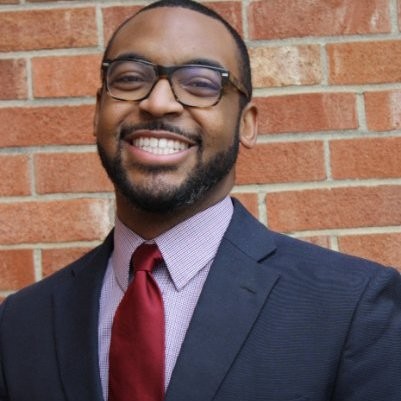
Democracy at Work Institute, Oakland CA.
DAWI legacy business program manager Todd Leverette’s testimony focused on aligning the goals of employee ownership structures, namely ESOPs, with Opportunity Zones. He recommended that ESOPs included as a qualifying investment mechanism, requested flexible definition of the “substantial improvement” test, and recommended capital deployment timelines that would be favorable to ESOPs.
Download the outline of Todd Levertte’s testimony [PDF]
What’s Next?
In the next few weeks, the IRS will release another round of proposed regulations, which will open up a second comment period. There will be a second hearing later this year. Barring any further delays, final regulations are expected by late spring or early summer.
Special thanks to Michael Novogradac (@Novogradac), Rachel Reilly (@Rachel__Reilly), Gbenga Ajilore (@gbenga_ajilore), Jill Homan (@jillhoman), and others for live Tweeting the hearing. #OpportunityZonesIRSHearing
